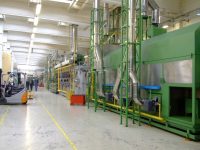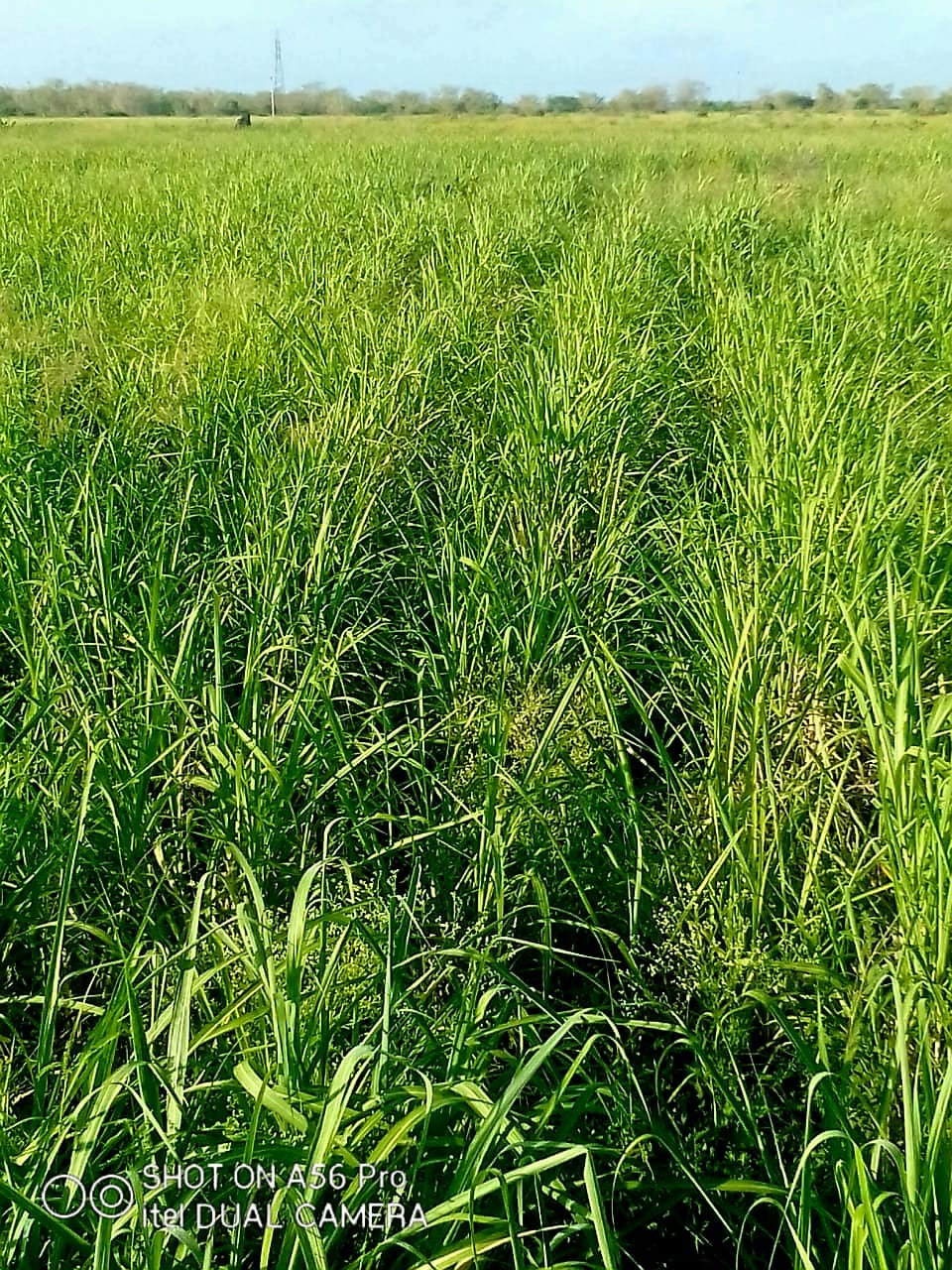Our Plan for Co2
- Implement CO2 capture technologies at the ethanol production facility. There are several options for capturing CO2 from ethanol production, including chemical absorption, membrane separation, and cryogenic separation.
- Transport the captured CO2 to a storage site, such as an underground geological formation or an offshore location.
- Implement carbon neutral farming practices on the facility’s land. This can include using cover crops and rotation to improve soil health, conserving water and reducing fertilizer use, and incorporating renewable energy sources such as solar or wind power.
- Use the captured CO2 for beneficial purposes, such as enhancing oil recovery or producing other valuable chemicals.
- Monitor and verify the emissions reduction and carbon sequestration efforts to ensure that they are effective and in line with regulatory requirements.
- Communicate the progress and results of the CO2 capture and carbon neutral farming efforts to stakeholders, including employees, shareholders, and the public. This can help to build support and awareness for the initiative.
Farming renewable energy crops has several benefits when it comes to reducing carbon waste. First, the energy produced from biomass is renewable, which means it can be produced indefinitely as long as the crops are replanted. Second, the cultivation and use of biomass can result in net carbon sequestration, as the crops absorb CO2 from the atmosphere as they grow. Finally, the use of biomass can help to displace fossil fuels, which are a major source of carbon emissions.
Looking to buy CO2 please get in touch.
Our team
-
Peter Watson
CEOFounder and CEO of Watson & Fine, he combines his African heritage, farming background and global...
view profile -
Martin Roche
Managing DirectorMartin has over 30 years experience globally developing start-ups and growing businesses in the...
view profile -
Marion Moore
Chief Administration OfficerA qualified accountant, with extensive business development experience in her homeland of Africa,...
view profile -
Farah London
International Business DevelopmentA global network expert and regular conference speaker, facilitating trade and investment worldwide...
view profile -
Steven Clarke
CTOA qualified engineer with a career providing solutions to various national security agencies. In...
view profile -
Brent Proctor
Health and safetyHe has helped Business WordPress Theme reach new heights and enter new markets. His skills of understanding...
view profile -
Frank Boorman
Zimbabwe Agri ManagerHe is an accomplished business developer. His skills at creating relationships with clients are...
view profile -
Rasheed Sarpong
Head of LegalTax laws and regulations are some of the most complicated and infuriating parts of the financial...
view profile - Join our team Discover our job positions
















